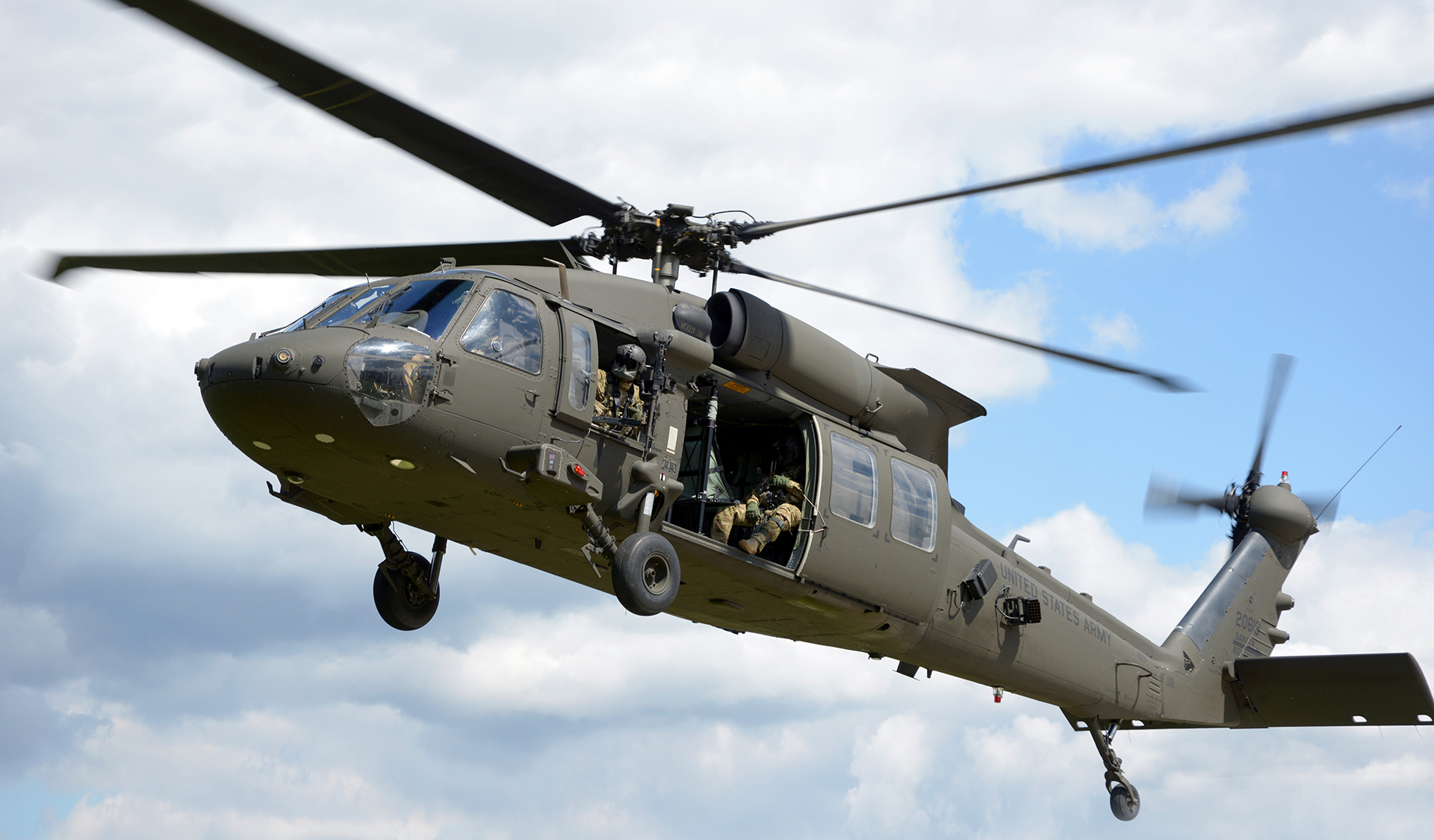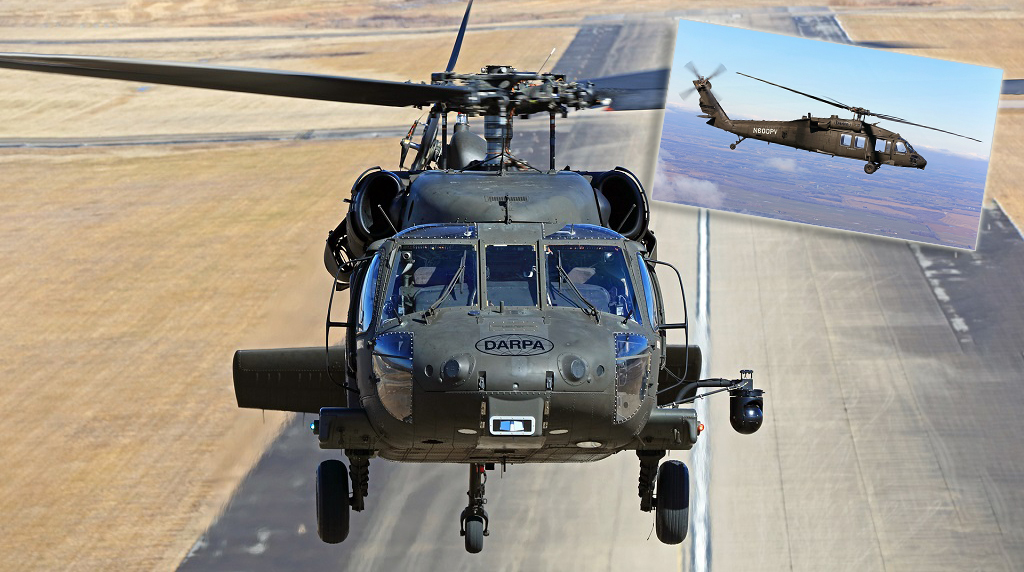Maintenance and Maintenance for UH 60 Helicopters
Maintenance and Maintenance for UH 60 Helicopters
Blog Article
The Role of Airplane in Shaping International Transportation and Profession Dynamics
Through the establishment of durable air cargo networks, companies can currently navigate international markets with exceptional rate and agility, consequently redefining supply chain techniques. As we explore the diverse influences of airplane on global trade, it is necessary to take into consideration just how these variables will form the future landscape of aeronautics and its role in the economic situation.

Development of Air Transport
The evolution of air transport has been noted by significant technological innovations and developments that have actually transformed the way people and goods move throughout the globe. From the Wright bros' initial powered flight in 1903 to the development of supersonic jets, each landmark has underscored the relentless pursuit of efficiency and rate in air traveling. Early aircraft were largely basic, restricted by engine power and architectural stability. The introduction of advanced materials and aerodynamics in the mid-20th century led to significant improvements in airplane safety, performance, and dependability.
The latter part of the 20th century observed the emergence of commercial aviation as a viable mode of transportation, defined by the intro of jet engines, which transformed flight by drastically reducing flight times. Additionally, developments in navigation and communication innovations have improved functional performance and safety, enabling more complex flight courses and routines. The surge of air freight in parallel with guest services has actually even more underscored the adaptability of aeronautics. As we look to the future, arising technologies such as self-governing and electrical aircraft pledge to redefine the air transport landscape, making sure ongoing advancement and adjustment to worldwide demands.
Impact on Global Profession
Air transport has greatly reshaped worldwide trade by promoting the swift activity of products throughout vast distances. This expedited logistics capacity permits businesses to respond quickly to market demands, consequently enhancing supply chain performance. The ability to deliver perishable items, high-value products, and time-sensitive products has opened brand-new markets and opportunities for various markets, dramatically influencing trade patterns.
Moreover, the development of air freight networks has actually cultivated globalization, enabling firms to source products and items from various parts of the world perfectly. This interconnectedness minimizes lead times and prices, permitting businesses to continue to be affordable in an increasingly international market. In addition, air transport plays a crucial duty in shopping, where customer assumptions for fast distribution have actually driven a rise in demand for air freight solutions.
The effect of airplane on worldwide trade reaches the production of calculated profession routes, linking areas and promoting global partnerships. Countries that spend in air transportation framework commonly experience improved economic development and boosted international direct financial investment. On the whole, the development of air transport has not just transformed the logistics landscape but has also end up being an important component in the dynamics of international profession.

Financial Advantages of Aeronautics
A robust aviation field produces substantial financial advantages, contributing to task production, tourism, and overall economic growth - uh 60. The air travel industry sustains countless work worldwide, ranging from direct employment in airlines and airport terminals to indirect functions in markets such as friendliness, transportation, and logistics. According to sector records, for every task in the aeronautics market, roughly 3.5 extra work are produced in the broader economy
Tourism is an essential aspect of the financial benefits originated from aviation. Air travel helps with worldwide tourist, permitting vacationers to check out varied destinations, which in turn boosts regional economic climates. Countries that buy their aviation facilities often experience raised visitor arrivals, leading to higher investing on services such as hotels, destinations, and restaurants.

Additionally, aviation enhances international connectivity, making it possible for organizations to access brand-new markets and resources effectively. This connectivity cultivates worldwide trade, permitting the rapid motion of goods, which is crucial in today's globalized economic climate. Consequently, fields such as e-commerce and manufacturing advantage immensely from dependable air transport, additional driving economic expansion. On the whole, the air travel market continues to be a foundation of economic vitality, underscoring its indispensable role fit modern-day economic climates.
Difficulties Facing the Aeronautics Industry
Browsing an intricate landscape of regulative, environmental, and economic obstacles, the air travel industry deals with substantial hurdles that threaten its sustainability and development. Laws surrounding security and security are constantly advancing, demanding ongoing conformity and adaptation from airlines and manufacturers (uh 60). This can bring about boosted operational costs and resource allowance that interferes with development and development initiatives
Furthermore, ecological problems have become critical, with growing examination over carbon emissions and noise contamination. The industry is under pressure to adopt greener techniques check it out and modern technologies, which usually need substantial financial investment in research and advancement. Stabilizing these environmental obligations with the demand for flight offers a substantial difficulty.
Financial variations, such as rising fuel prices and geopolitical unpredictabilities, even more complicate the landscape. Airlines frequently face unstable operating expense and changing guest need, which can affect success and long-lasting preparation. Labor shortages and ability spaces in critical locations add an additional layer of complexity, preventing functional effectiveness.
Eventually, addressing these diverse difficulties is crucial for the air travel industry to maintain its pivotal role in worldwide transportation and trade, while making certain resilience and flexibility in an increasingly competitive market.
Future Patterns in Air Travel
Emerging technologies and shifting customer preferences are poised to improve the future of flight substantially. The combination of synthetic intelligence and maker understanding is expected to boost functional performance, simplify flight terminal procedures, and improve customer service. Anticipating analytics will promote more accurate need forecasting, enabling airline companies to enhance flight routines and prices designs.
Sustainability is ending up being a vital motorist in flight, with the aviation industry significantly focused on reducing carbon exhausts. Advancements in aircraft design, such as electrical and hybrid propulsion systems, are being explored to meet ecological targets. The adoption of lasting aviation gas (SAFs) is expected to play a vital duty in achieving net-zero exhausts by 2050.
Customer preferences are moving click to read more towards personalized travel experiences. Airlines are purchasing innovative data analytics to customize services and improve client interaction, guaranteeing a much more personalized trip from scheduling to arrival. Additionally, the rise of remote work may result in boosted demand for leisure traveling, as individuals seek to incorporate work and trip.
Verdict
Finally, next aircraft significantly influence global transportation and trade dynamics by assisting in rapid motion and improving supply chain performance. The development of air transport has actually transformed international profession, yielding significant economic benefits while also offering challenges that need tactical monitoring. Future fads indicate an ongoing dependence on aviation for commerce, underscoring its indispensable role in globalization and financial development. The continuous adjustment of the aeronautics industry will certainly be essential for sustaining its contributions to the global economic climate.
The latter component of the 20th century observed the development of business air travel as a viable mode of transport, identified by the intro of jet engines, which changed air traveling by dramatically decreasing trip times. The rise of air freight in parallel with traveler solutions has actually even more emphasized the convenience of air travel. In addition, air transport plays a vital duty in e-commerce, where consumer assumptions for fast distribution have actually driven a surge in demand for air products solutions.
Generally, the advancement of air transport has not only changed the logistics landscape yet has additionally end up being an important part in the dynamics of international trade.
Sustainability is coming to be a crucial driver in air traveling, with the aeronautics industry significantly concentrated on decreasing carbon emissions.
Report this page